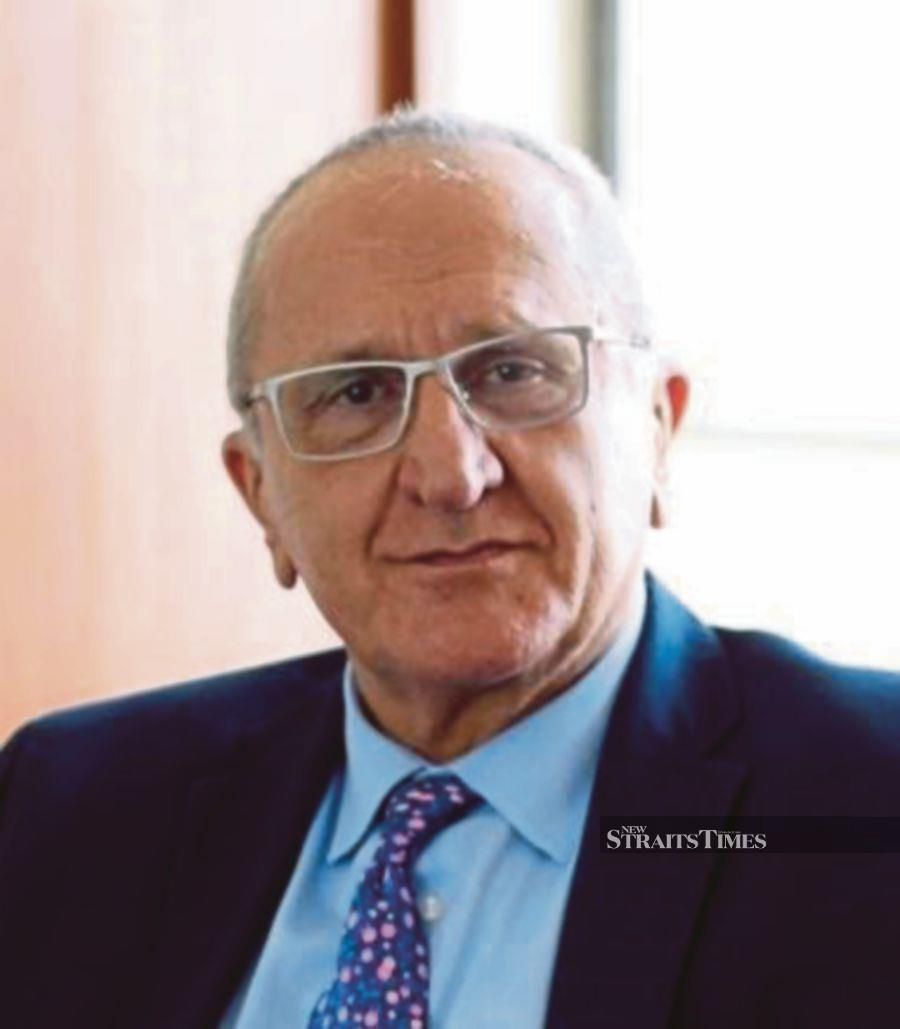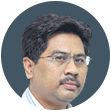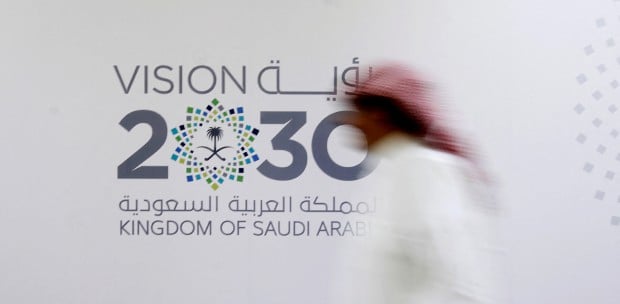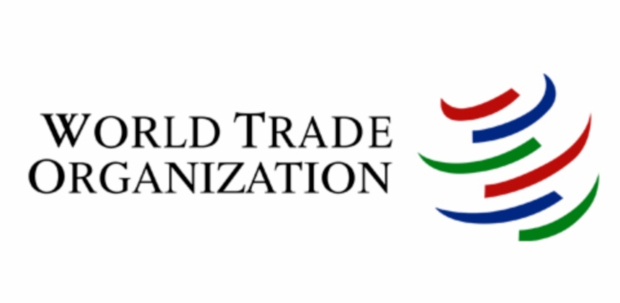KUALA LUMPUR: Jesus Seade Kuri, Mexico's candidate to lead the World Trade Organisation (WTO), looks to be the least mentioned by the international media about having a chance to get the top job.
But then, he also seems to be the best suited for the position.
Experience and know-how are important for such a job and Seade Kuri highlighted them when he presented his vision to the powers-that-be recently on how he planned to tackle international trade issues as the WTO director-general.
His analogy about managing and carrying the WTO forward has been getting attention ever since he presented his case to the WTO General Council to be the successor to Robert Azevedo, who will step down on Sept 7.
"It has been said the WTO is like a bicycle that has fallen on its side due to a lack of momentum and by falling, it has broken. It needs to be thoroughly repaired. This requires a director who — as a chief negotiator— was present in the design of the device," he said.
He highlighted his career in the WTO as negotiator for Mexico and founder to the deputy director-general post, as well as chief negotiator of the Mexico-United States-Canada Agreement.
He emphasised his experience and reputable dialogue with key players in China, the European Union and other regions, as well as his knowledge of the dynamics needed to boost trade in developing countries.
"My solemn commitment to you is to be an effective interlocutor, close to all members to the north and south, east and west, and to be fully equidistant from all," he told the general council.
In his presentation, Seade Kuri recalled his participation as the Mexican negotiator in the Uruguay Round that led to the creation of the WTO, of which he served as deputy director-general.
He emphasised his experience in senior positions at two international economic agencies critical to global governance: the International Monetary Fund and the World Bank.
Seade Kuri recognised the WTO's contributions to the liberalisation of fairer and inclusive trade by establishing common rules. However, he pointed out that the organisation's performance had fallen short of expectations.
Among other reasons, this was because of its limited negotiating outcomes and the impasse in the appellate body preventing the resolution of disputes between member states.
This paralysis is compounded by the negative effects that the Covid-19 pandemic has had on global value chains and international trade.
Given this outlook, Seade Khiuri noted that the WTO required a profound change.
This involves unlocking negotiations on current issues and an agenda that includes digital trade and the sustainability of global exchange of goods and services.
Other candidates vying for the post are former Kenyan trade minister Amina Mohamed, former Moldovan foreign affairs minister Tudor Ulianovschi, former WTO trade in services and investment division director Abdel-Hamid Mamdouh from Egypt, South Korean Foreign Trade Minister Yoo Myung-hee, former United Kingdom international trade state secretary Liam Fox, Saudi Arabia's minister and economic adviser to the royal court, Mohammad Maziad Al-Tuwaijri, and former Nigerian trade minister and foreign affairs minister Dr Ngozi Okonjo-Iweala.






